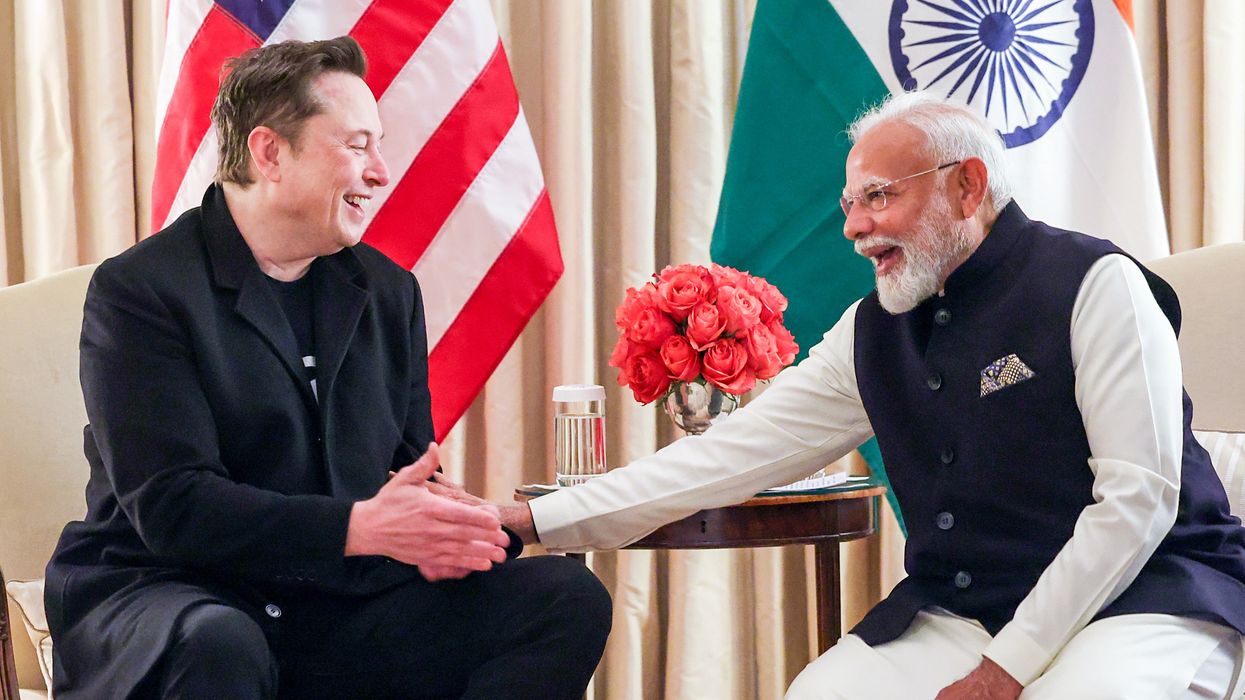US CARMAKER Tesla is finally making its official debut in India with the opening of its first showroom in Mumbai.
The firm, led by Elon Musk, will unveil the new “Tesla Experience Centre” on Tuesday (15) at Maker Maxity Mall in the Bandra Kurla Complex, one of the city's top commercial hubs.
This marks Tesla’s first formal step into the Indian market, after years of delays and speculation. According to official records, the company has already imported around $1 million (£780,000) worth of cars, charging equipment, and accessories into the country—mostly from China and the US.
Among the imported vehicles are six units of the popular Model Y, with five standard versions valued at £25,350 each and one long-range model at £35,880. Several Tesla Superchargers were also shipped in as part of the initial setup.
Although India has been eager to welcome Tesla, including introducing policies to encourage local production, the company has chosen to start with imports.
This means Tesla will have to pay high import duties - nearly 70 per cent - making its cars much pricier in India compared to other markets. The government has offered lower duties of 15 per cent for companies willing to invest $500m (£390m) and set up manufacturing locally, but so far, Tesla has not agreed to those terms.
Reports suggest Tesla is not currently interested in building a factory in India. Musk had previously planned a visit to the country in 2024, during which he was expected to announce a multi-billion-dollar investment, but the trip was cancelled at the last minute.
Despite the absence of local production, Tesla appears committed to growing its presence. It has started hiring in India, filling positions for showroom advisors, service engineers, vehicle testers for its Autopilot system, and other roles in cities like Mumbai and Delhi.
The Indian EV market is growing rapidly, with local player Tata Motors and Chinese firm BYD already established in the sector. Tesla’s entry is expected to increase competition and raise interest in premium electric vehicles, even as high costs remain a concern for most buyers.
(with inputs from agencies)





